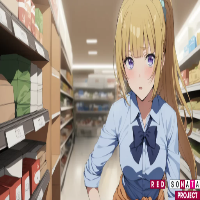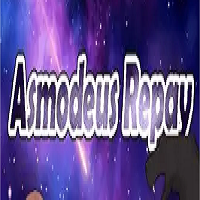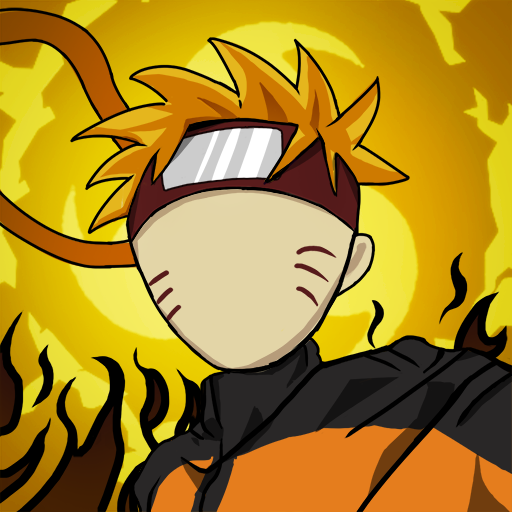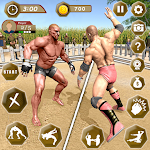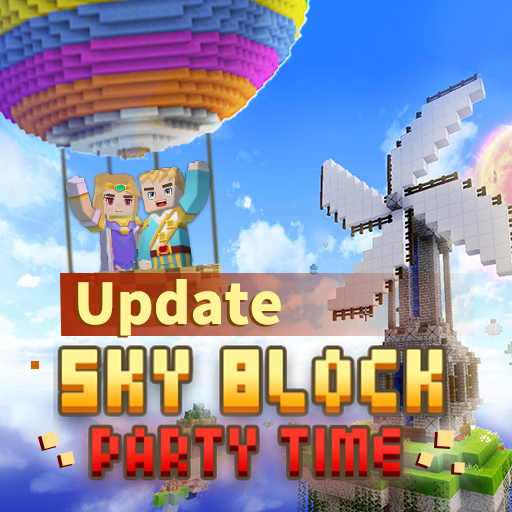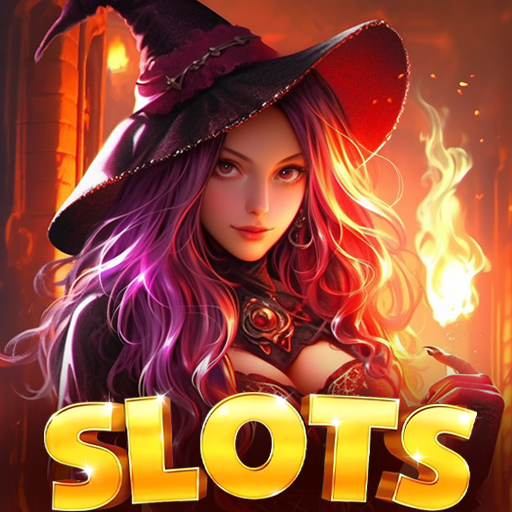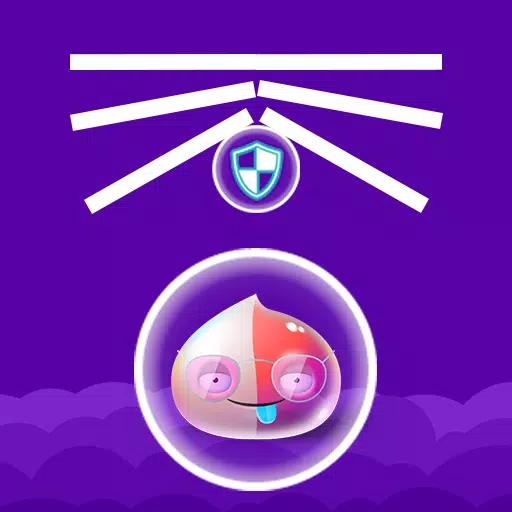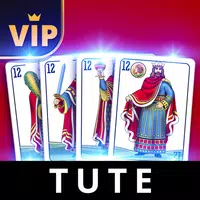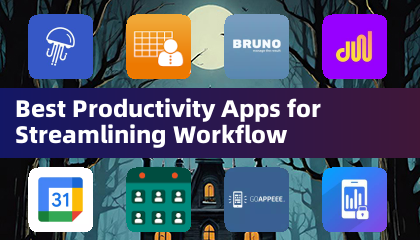At the Game Developers Conference (GDC) last month, we had an in-depth conversation with John "Bucky" Buckley, the communications director and publishing manager for Palworld developer Pocketpair. This discussion followed his talk at the conference titled 'Community Management Summit: A Palworld Roller Coaster: Surviving the Drop,' where Buckley candidly discussed Palworld's challenges, including accusations of using generative AI and stealing Pokémon models, which have been debunked and retracted, respectively. He also touched on Nintendo's patent infringement lawsuit against the studio, describing it as a "shock" that was unforeseen.
Given the depth of Buckley's insights into Pocketpair's community struggles and successes, we've decided to share the full extended interview here. For those interested in shorter summaries, you can find links to Buckley's comments on the potential release of Palworld on the Nintendo Switch 2, the studio's reaction to the "Pokémon with guns" label, and the possibility of Pocketpair being acquired.
This interview has been lightly edited for clarity:
IGN: Let's start with the lawsuit you mentioned in your GDC talk. Has it impacted Pocketpair's ability to update and move forward with the game?
John Buckley: The lawsuit hasn't made it harder to update the game or move forward. It's more of a constant presence that affects the company's morale. It hasn't affected development directly, but it's something that everyone is always thinking about. Of course, it involves hiring lawyers, but that's handled by the top management, not the rest of us.
IGN: You mentioned the 'Pokémon with guns' moniker in your talk. Why did you seem to dislike it?
Buckley: Many believe that was our goal from the start, but it wasn't. Our aim was to create a game similar to ARK: Survival Evolved, with more automation and unique creature personalities. We're big fans of ARK, and our previous game, Craftopia, drew inspiration from it. The 'Pokémon with guns' label emerged after our first trailer, and while it wasn't our preference, it's what stuck.
IGN: You mentioned not understanding why Palworld took off so dramatically. Do you think the 'Pokémon with guns' label played a role?
Buckley: Absolutely, it was a significant factor. It fueled a lot of attention, but it's frustrating when people believe that's what the game is without playing it. We'd prefer if people gave it a chance first.
IGN: How would you have described Palworld if you could choose your own moniker?
Buckley: I might have called it "Palworld: It's kind of like ARK if ARK met Factorio and Happy Tree Friends." It's not as catchy, but it's more accurate.
IGN: You also discussed the criticism that Palworld was 'AI slop.' How did that impact the team internally?
Buckley: It was a massive blow, especially for our artists. The accusations are baseless and upsetting, particularly for our Pal concept artists who have been with us from the start. We released an art book to counter these claims, but it hasn't been as effective as we hoped. Our artists, many of whom are female, prefer to stay out of the public eye, which makes it harder to refute these claims.
IGN: The industry is having a broader conversation about generative AI. How do you respond to the accusations against Palworld?
Buckley: The accusations are largely based on a misinterpreted comment by our CEO and a party game we developed called AI: Art Imposter. These have been taken out of context, leading to the false narrative that we endorse generative AI. It's frustrating, but it's the reality we're dealing with.
IGN: What's your take on the state of online gaming communities and the role of social media?
Buckley: Social media is crucial for us, especially in our primary markets like Japan and China. However, online gaming communities can be intense, and people often get swept away by emotions. We can handle criticism and spur-of-the-moment insults, but death threats are another level and are illogical. We're just as frustrated by game issues as our players, but we're working to fix them.
IGN: Do you feel social media is getting worse?
Buckley: There's a trend of people saying the opposite just to get reactions. It's becoming more common, but fortunately, Palworld has mostly avoided these political and social debates. We mainly receive feedback about game issues.
IGN: You mentioned that the majority of the heat came from the Western audience. Why do you think that is?
Buckley: We're not sure. In Japan, opinions about us are split, and we focus on overseas markets with a Japanese flair. We consider ourselves indie, which some Japanese gamers don't like. The heat from the West might have been due to the timing and the nature of the accusations.
Palworld Screens
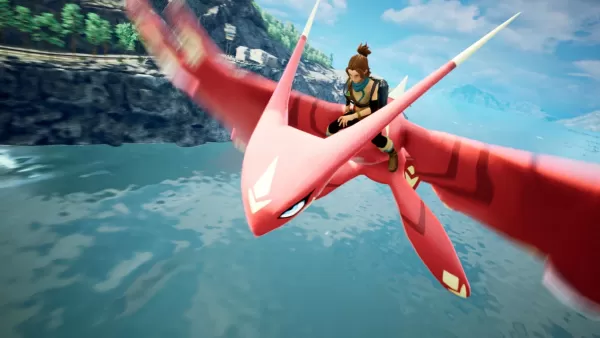
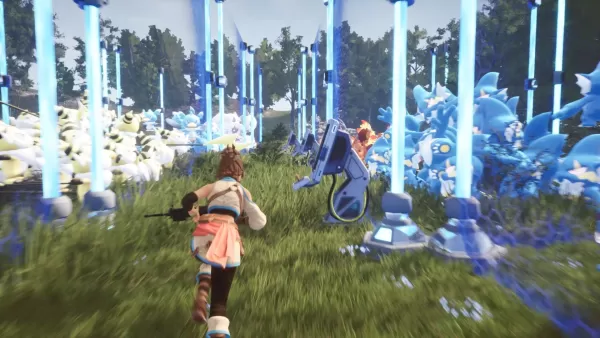 17 Images
17 Images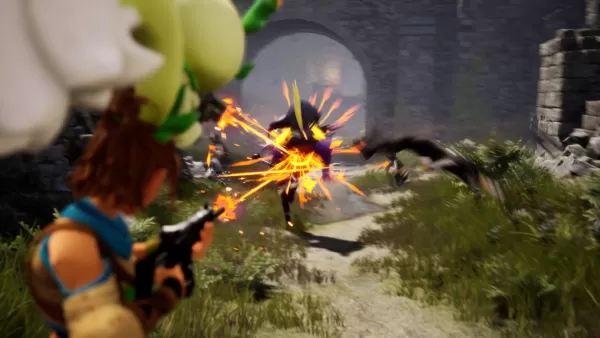
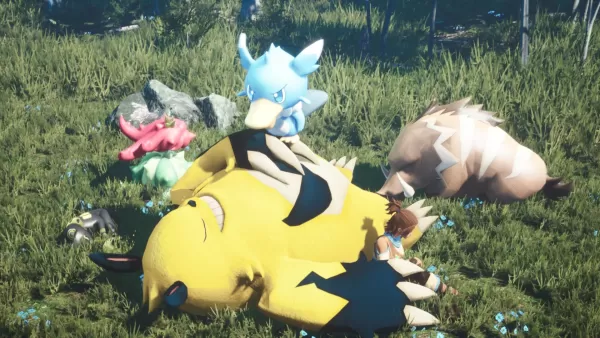
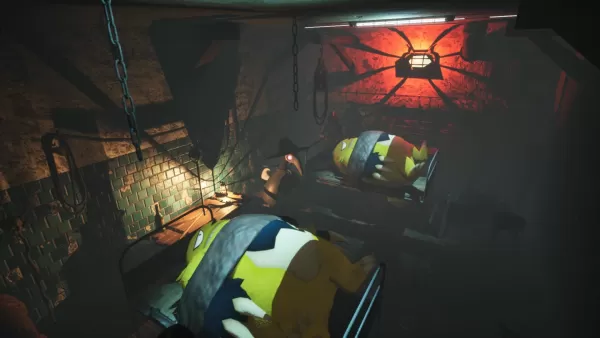
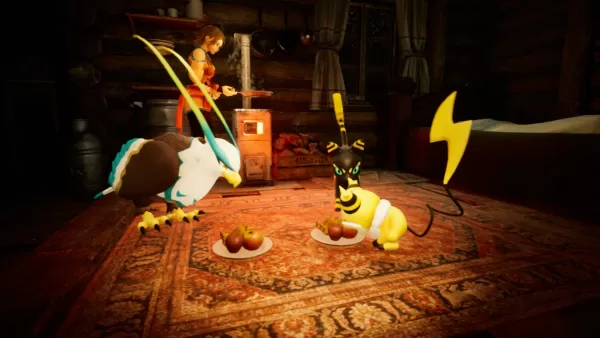
IGN: Palworld was extremely successful. Has that changed how the studio operates or your future plans?
Buckley: It's changed our future plans, but not the studio itself. We're hiring more developers and artists to speed up development, but our company culture remains the same. Our CEO wants to keep the studio small, even though we're now at 70 people.
IGN: Did you anticipate Palworld's level of success?
Buckley: We knew it was a good game, but the level of success was unexpected. A million sales for an indie game is a huge achievement, but reaching into the tens of millions is surreal. It's hard to grasp, and it changes how we approach things.
IGN: Will Pocketpair support Palworld for a long time?
Buckley: Palworld is definitely here to stay, though we're not sure in what form. We're also working on other projects like Craftopia and supporting our developers' individual ideas. Palworld has split into the game and the IP, with different trajectories.
IGN: There was a misunderstanding about a partnership. Can you clarify?
Buckley: People often misunderstand our relationship with Sony. We're not owned by them, and that confusion persists.
IGN: Would Pocketpair ever consider being acquired?
Buckley: Our CEO would never allow it. He values independence and doing his own thing. Maybe in the distant future, but not in my lifetime.
IGN: Do you see Pokémon as a competitor?
Buckley: Not really. The audiences and systems are different. We released alongside other survival games like Nightingale and Enshrouded, and we see them as more direct competitors. Competition in games is often manufactured for marketing, and we're more focused on timing than direct competition.
IGN: Would you consider releasing Palworld on the Nintendo Switch?
Buckley: If we could make it work on the Switch, we would, but it's a beefy game. We're waiting to see the specs of the Switch 2. We've optimized for Steam Deck, so we're open to more handheld releases if possible.
IGN: What's your message to those who misunderstand Palworld without playing it?
Buckley: I think many people who only know Palworld from the news and drama misunderstand what the game is. I'd encourage them to play it. We're considering a demo to give people a taste. It's not what they imagine, and we're not as 'seedy and scummy' as some believe. We're a nice little company that's done well, and we hope to continue doing so.


